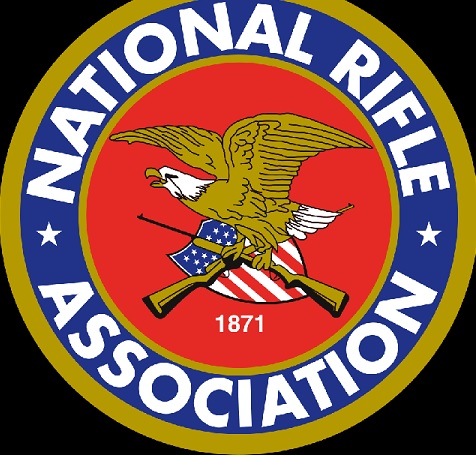The central issue of Prop. F wasn’t in any of the company’s campaign ads. What happens when that part comes back to the supes? Well, the company’s chief political hack is channeling the NRA

By Tim Redmond
NOVEMBER 5, 2015 – Up against close to $9 million, the Yes on F campaign did pretty well: More than 44 percent of the voters still said they wanted tighter regulations on short-term rentals.
And now, with Aaron Peskin coming back onto the Board of Supervisors, the issue will not be going away. I think Julia Carrie Wong summed up what a lot of us have been saying: Airbnb’s entire campaign was aimed at two parts of the ballot measure (the limit on the number of days a place can be rented and the private right of action – the so-called “neighbors can sue neighbors”) but never even mentioned the real crux of the ballot measure, which was enforcement.
So now maybe, once Peskin is sworn into office, Sup. David Campos, who has pushed this issue over and over, will come back and say: Fine. The voters have spoken. We will drop any mention of decreasing the number of nights someone can rent out a unit, and forget the private right of action. Let’s just talk about the part of the initiative that Airbnb didn’t run a single ad, or put out a single mailer, or make a single statement about:
Enforcing the existing law.
That’s what Prop. F was really about. The measure would have made sure that only units that are legal under the current law, which Airbnb helped write, can be posted on the company’s website.
That would mean, according to the head of the city’s enforcement office, that the majority of current listings would be gone.
The Airbnb lobbyists like the current law. The Airbnb campaign didn’t dispute the current law (in fact, some ads suggested we “give it time to work.”) So what happens if the supes try to make it work?
And how does Airbnb get out of that one?
Actually, we have some signs of what the company might do. Airbnb’s political operative told reporters after the election that he was able to “activize” the users of the service – and compared his outfit to the NRA.
The comparison may be more than hyperbole. The NRA, let us remember, opposes any limits of any kind on the ownership and use of firearms. Even the most reasonable restrictions, aimed at keeping people from buying military-style assault weapons that can be (and are) used in mass killing are shot down by the NRA’s “activized” membership.
So will Airbnb play the same game with reasonable rules aimed at enforcing existing law?
I suspect we shall see in the next few months.




